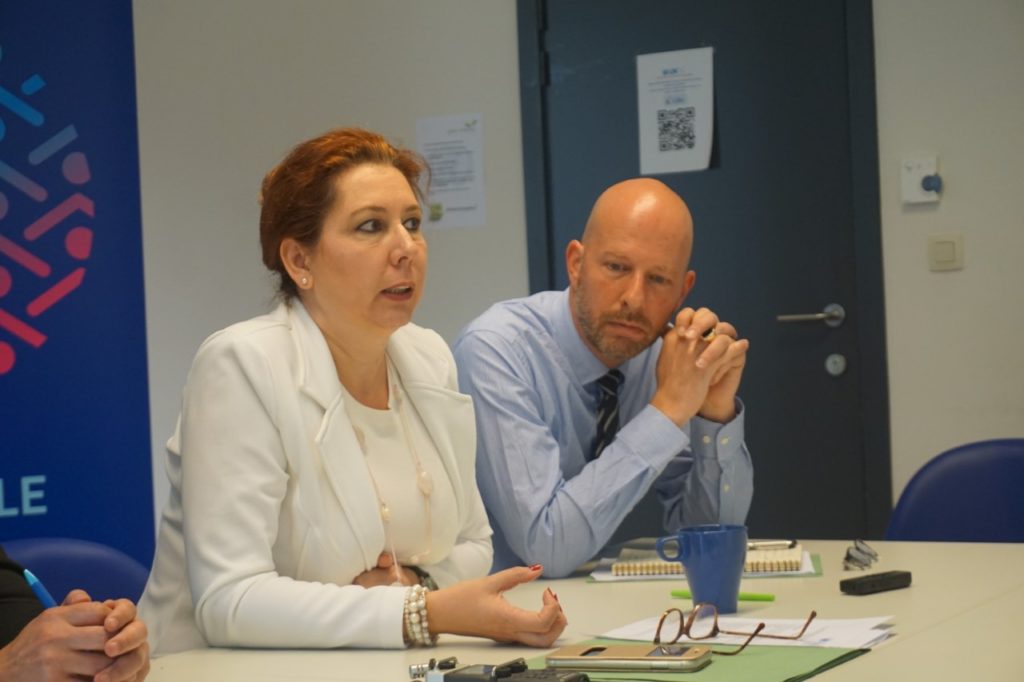The situation in EU in general and Hungary and Poland in particular was discussed yesterday at a hearing in Brussels convened by the UN Human Rights Regional Office for Europe. The hearing gathered representatives of inter-governmental regional organisations, EU institutions, umbrella organisations, academia, think-tanks, and civil society. The erosion of democracy and weakening of institutions necessary for the protection of human rights give rise to serious concern, according to the UN body.
Key observations from the hearing were presented at a press briefing today (12 June). Birgit Van Hout, regional representative for Europe, listed a number of areas of concern, such as limitations on the independence of the judiciary, restrictions to freedom of expression, pressure on human rights institutions, shrinking space for civil society and incitement to hatred.
“When human rights and the rule of law are abandoned, we are all at a greater risk,” she said. Hungary and Poland are not complying with international human rights treaties, which they have ratified. Van Hout mentioned also Austria, Italy, Malta, Romania and Slovakia where backsliding in human rights is taking place.
“I’m surprised as anyone else that the Commission hasn’t proposed that article 7 should also be applied in the case of Hungary, where the situation is the same as in Poland or even worse,” said Van Hout. A decision based on article 7 of the EU treaty can result in the suspension of a country’s voting rights in the Council.
She sees the causes of this worrying development as a confluence of several factors. “Migration, which has become a divisive issue in EU, doesn’t play a major role but is being exploited to stoke fears. It’s a global problem which requires a global solution.”
Asked by The Brussels Times about the so-called “Holocaust law” in Poland, she replied that it strictly speaking is not a rule of law issue but nevertheless should be monitored by the European Commission. The law limits freedom of expression about the Holocaust in Poland during WWII. Since the law was adopted, media has reported a surge of anti-Semitism in Poland.
According to the Commission, the law is not part of the current dialogue conducted by Vice-President Frans Timmermans with Poland. The dialogue aims at settling the outstanding issues with Poland and avoiding a decision by the Council according to article 7 in the EU treaty.
M. Apelblat
The Brussels Times

